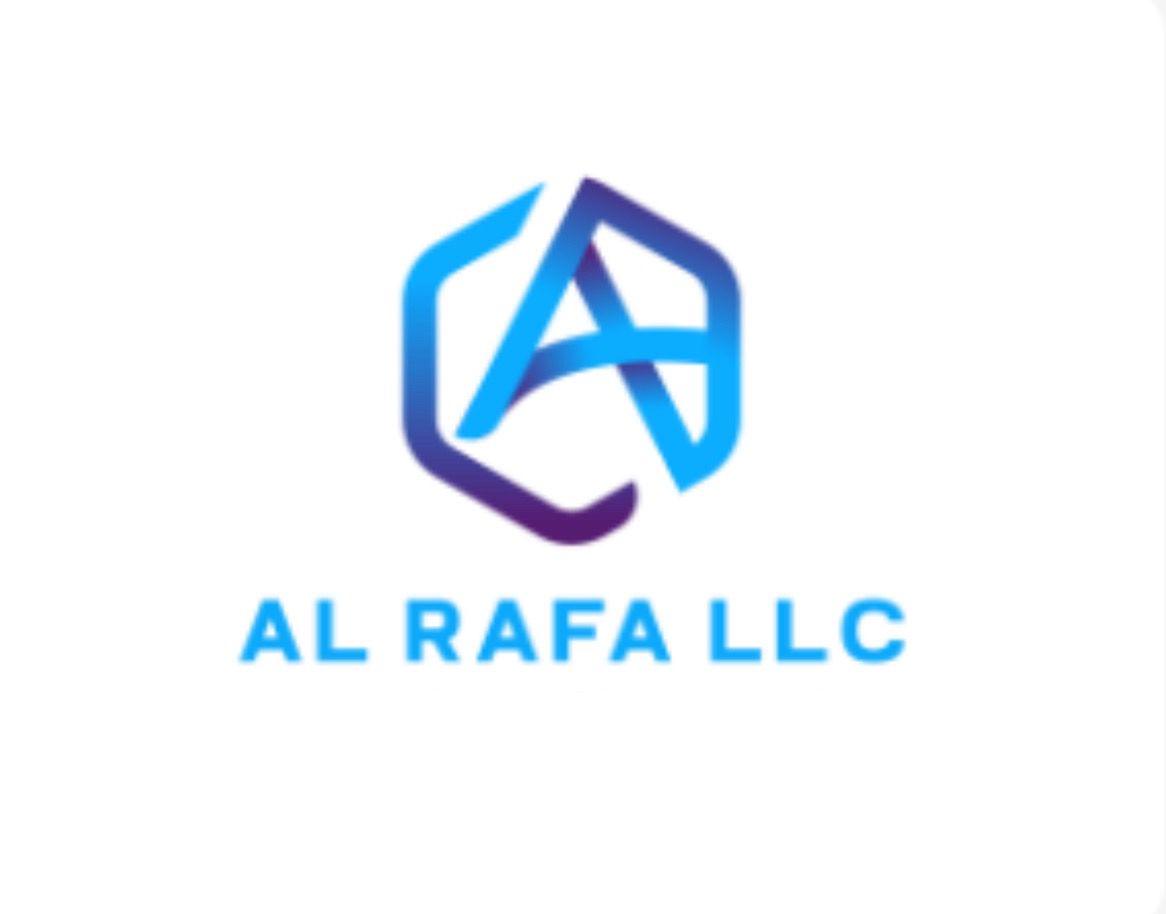The question of flaws during a job interview is crucial and must be approached in a way that values the candidate. Help the recruiter to see your weaknesses as opportunities for growth, while highlighting your qualities as an ideal employee.
In this article, we explore nine negative, but constructive, aspects of a professional profile. Transform them into real assets to reassure your future employer and present yourself in the best light.

Key points to remember:
- Ambition is a valuable asset during a job interview because it reflects a continuous quest for improvement and personal development.
- Sensitivity and listening skills are essential in the workplace, as they promote excellent customer relations and effective management of interpersonal exchanges.
- Frankness is perceived positively during a job interview, demonstrating both courage and self-confidence.
Why ask a candidate to list their flaws in a job interview?
Before listing the flaws that you can mention to a recruiter, it is important to understand the reason that pushes the latter to ask you this type of question. Indeed, it is common, during a job interview, to ask candidates to talk about their qualities and their flaws.
Although this can be unsettling, the main objective is to check whether the candidate has prepared well for the interview and can anticipate this type of question. In addition, the response provided will allow us to assess whether the applicant understands the issues of the process and the expected answers.
Also Read: 5 tertiary sector jobs that are hiring
In addition, the recruiter checks the candidate’s honesty by ensuring that their words are sincere. However, it is important to take advantage of this situation and turn the mention of your flaws into assets.
1. Ambition: a professional flaw, especially in France
Declaring yourself ambitious is a flaw in a job interview that ultimately allows you to stand out positively. Aiming high professionally has long been considered bad form in the French working world.
However, this statement carries personality traits that are particularly interesting for a manager or boss in the recruitment process. It indicates that you are confident in your current abilities, but also that you will be in a constant search for improvement and development.
In other words, you will be a driving force for the company. However, be careful to be moderate so as not to fall into the caricature of the lawless shark. You must inspire and the desire to see your potential revealed.
2. Stubbornness: the negative aspect that appeals to recruiters
Show your tenacity during your job interview. Being determined is the same as showing unwavering motivation.
Of course, know how to qualify this character trait by specifying that you do not persist unnecessarily when the hope of success is no longer permitted and that you are capable of letting go.
To effectively address your flaws at work, it is best to associate them with possible areas for improvement. This shows that you are capable of questioning yourself.
3. Impatience: A clever way to present your enthusiasm
A candidate who claims to like things to happen quickly proves that he is in action and has a desire to succeed. However, make it clear that your natural impatience is not haste. The point here is to demonstrate that a passive and wait-and-see attitude is not your strong point.
Employers value dynamic personalities who drive the company forward, especially in an era marked by speed and urgency. Overflowing enthusiasm will generally be perceived positively during a job interview, provided that it does not reflect uncontrollable inconstancy.
Your excitement should appear to be channeled into stimulation rather than nervousness.
4. Shyness: A Useful Personality Trait
If you are shy, it will show before you even talk about it. Therefore, you might as well own up to this weakness that may not even be one for your future manager. Being reserved can be very useful in teamwork or even in customer relations.
Someone who doesn’t put themselves forward personally will tend to be better at presenting a product, service or project. In addition, standing back provides an observation position that often allows you to gather valuable information and inspire trust.
Quiet, low-key people can be very adaptable, thoughtful, and pleasant to be around in a business setting.
5. Sensitivity: A valuable weakness in teamwork
At a time when managing emotions is becoming central to individual development, assuming one’s sensitivity in the world of work is increasingly seen as a strength.
In addition, the natural empathy of emotional people gives them an unparalleled ability to listen, which facilitates exchanges between colleagues, service providers or customers. Workers connected to their emotions are known to be very good in creative professions.
Don’t forget to mention this positive aspect of your flaw in a job interview. Also, remember to reassure your potential employer about your ability to control your emotions in public so as not to get overwhelmed.
6. Strong personality: the character of leaders
If you are applying for a management position, this is the time to show your assertiveness. You know what you want and you express it clearly. Show confidence in your abilities by presenting yourself as a reliable person who does not let people walk all over you easily.
To succeed in your interview, make it imperative to specify that this allows you to eliminate the risks of conflict because, with you, everything is clear and without unpleasant surprises. Indeed, talking about your strong character will inevitably alert your interviewer, who will have to ensure that you will not be a disruptive element.
Be careful when mentioning this professional flaw and eliminate the “rough” or even despotic side by emphasizing your managerial benevolence, for example. In this way, you will convey the image of a solid person, with natural authority and who commands respect, rather than animosity.
7. The need to control: the job interview flaw that you absolutely must turn to your advantage
Liking to control the work from start to finish marks a very attractive involvement and professionalism. However, business leaders know: the difficulty is in delegating.
So be careful when presenting yourself as someone who is extremely conscientious so that your interlocutor does not identify you as an employee incapable of collaborating in a team.
Shift the discussion to your love of a job well done, which allows you to spot the good elements in a group and therefore to delegate even more effectively. If this ability is part of the attributions for the position to be filled, you will have thus proven that you are the ideal person.
8. Frankness: the most reassuring professional negative point
Frankness is a credit to you, but it is important to present it as a flaw during the job interview. Explain that you express your thoughts directly when prompted, even if it can sometimes offend your interviewer.
This implies a certain courage and shows that you are trustworthy. Indicate that you strive to express yourself diplomatically to improve situations and avoid misunderstandings.
Bring up the fact that you are aware that this personality trait is not compatible with everyone. That is why you only give your opinion if you know it can shed a positive light.
9. Liking to chat: the flaw that makes a teammate likable
Embracing your talkative side is above all affirming an important sociability. With the rise of teleworking and increased team-building efforts, having good communicators within a company is essential to strengthen group cohesion.
To avoid being suspected of distracting your future colleagues by flooding them with words, talk instead about fair communication, where sharing also relies on your great listening skills. Indicate by this that your professional relationships are based on dialogue, this will make you much more likable and welcoming.
How to Turn Your Flaws into a Strength in a Job Interview
Discussing your flaws in a job interview helps to make the candidate more human and to give a glimpse of their potential for progression. This is one of the unmissable questions to prepare for the recruitment interview.
A candidate who is too perfect is suspicious to a recruiter or HR manager and often comes across as arrogant. Keep in mind that every weakness at work is acceptable, as long as it is moderate, conscious, and in the process of being improved.

